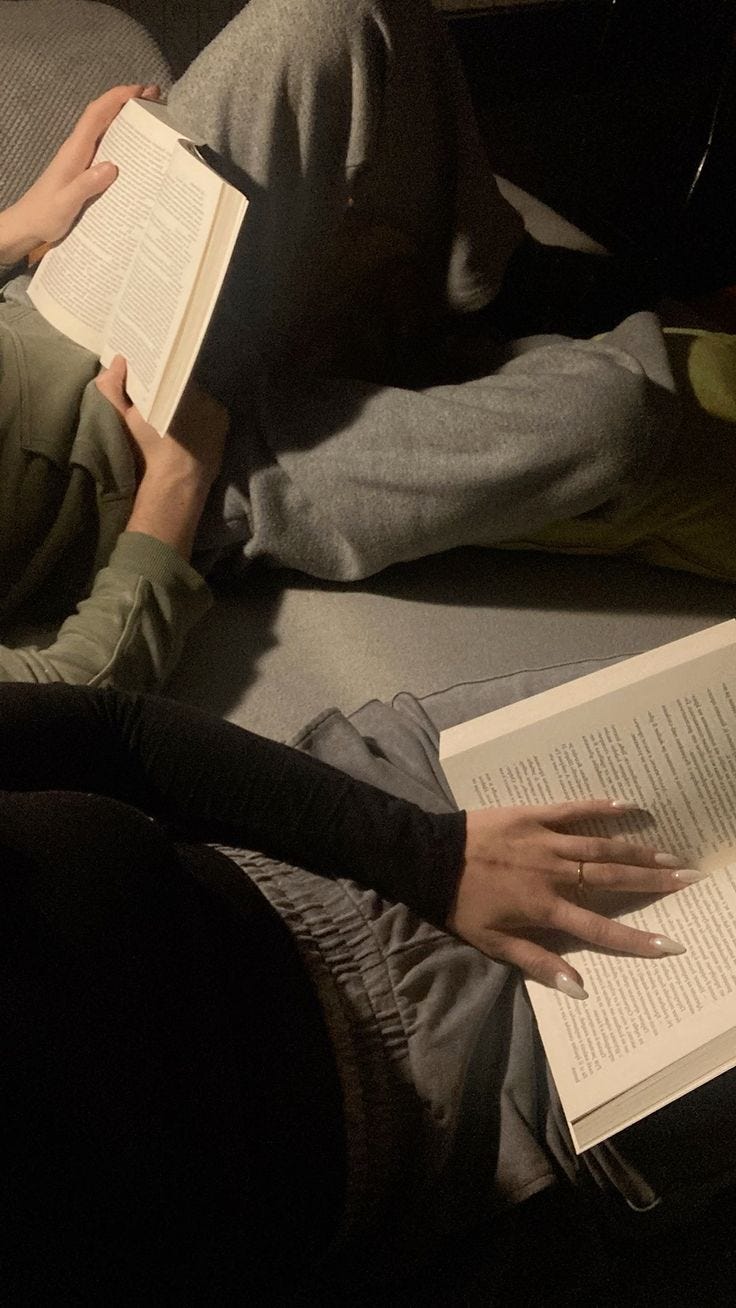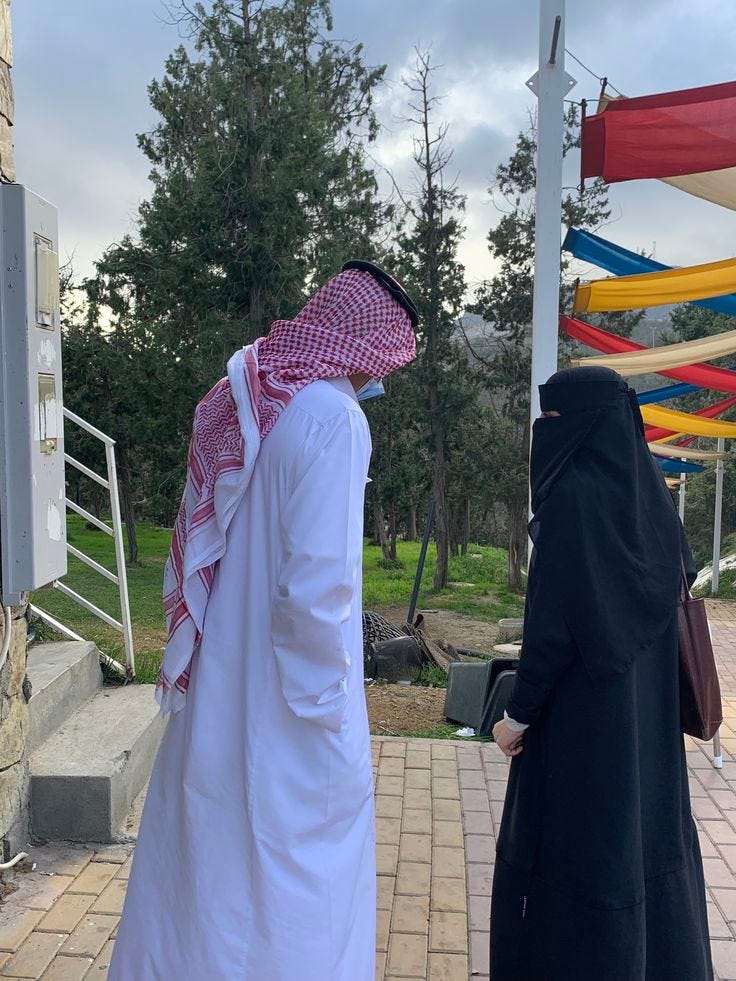In Islam, men and women can have a form of friendship or interaction, but there are important guidelines to ensure it remains Islamically appropriate. It is not the same as casual or intimate friendship in the usual sense. Here’s the Islamic perspective:
🌿Purposeful Interaction:
Friendship should be for a clear, beneficial purpose—for example, work, study, helping in community projects, or learning knowledge. It shouldn’t be just for casual chatting or emotional attachment.
🌿 Maintaining Modesty:
Both should lower their gaze and avoid flirting, private meetings, or physical contact. This is to protect against temptation or inappropriate feelings.
🌿 No Seclusion :
Islam prohibits a man and woman from being alone in private where there is a risk of temptation. Meetings should be in public or with others present.
🌿Avoiding Emotional Intimacy:
Deep emotional or romantic attachments outside marriage are discouraged. Friendship shouldn’t lead to love or desire that is haram.
🌿Respecting Boundaries:
Speech should be respectful and necessary, avoiding unnecessary joking, teasing, or gossip.
So, yes, a man and a woman can be “friends”, but it must be Islamically limited and purposeful, not like typical unrestricted friendships in society. The goal is always to protect one’s faith and modesty.
why Islam strictly sets boundaries in friendships between men and women:

🌷Preventing Temptation (Fitnah):
Islam recognizes that men and women naturally feel attracted to each other.
Being alone, sharing secrets, or getting emotionally close can lead to temptation, which might result in sinful actions.
🌷Protecting Honor and Reputation:
Unrestricted friendships can create suspicion or harm someone’s reputation, even if nothing haram happens.
Islam encourages maintaining dignity and modesty at all times.
🌷Avoiding Emotional Attachment Outside Marriage:
Emotional intimacy can grow into romantic feelings, which are only permissible within marriage.
Strong emotional bonds outside marriage may lead to heartbreak or sin.
🌷Encouraging Purposeful Interaction:
Islam encourages interactions that benefit knowledge, work, or the community.
Friendship should have a clear, productive purpose, not just personal enjoyment.
Boundaries exist not to stop friendship, but to protect both individuals and society from temptation, emotional harm, and sin. A friendship can exist, but it must always be respectful, purposeful, and modest.
Situations or conversations where men and women can interact safely, while following Islamic manners and boundaries.

1. Workplace Setting
A woman asks a male colleague: “Could you please share the file for tomorrow’s meeting?”
He replies politely: “Yes, I’ll send it to your email shortly, in shaa’ Allah.”
✅ Respectful, professional, and to the point.
❌ No unnecessary joking, private chatting, or casual talk beyond work needs.
2. Shopping or Daily Needs
A man at a store: “Excuse me, sister, how much is this item?”
Shopkeeper (female): “It’s 200 rupees, brother.”
✅ Transactional, clear, polite.
❌ Avoiding prolonged small talk or personal questions.
3. Asking for Directions
A woman: “Brother, could you please tell me where the bus stop is?”
Man: “It’s straight ahead, then left.”
✅ Helpful, brief.
❌ No extra chatting like “Where are you going? Can I join you?”
4. Islamic/Community Activities
In a masjid class, a student (male) asks the female teacher:
“Ustadha, could you explain the meaning of this verse again?”
Teacher answers clearly, focusing on the subject.
✅ Knowledge-seeking with respect.
❌ Avoiding unnecessary casual discussions outside the topic.
5. Medical Setting
Patient (man): “Doctor, I’ve been feeling chest pain.”
Doctor (woman): “We’ll run some tests. Please describe the pain in detail.'
✔Necessary, professional interaction.
❌ No joking or personal talk unrelated to treatment.

The kinds of conversations or situations men and women should avoid:
❌ 1. Unnecessary Casual Chatting
Man: “Hi, what are you doing now? Did you eat lunch?”
Woman: “Yes, just relaxing. What about you? Let’s keep chatting.”
🚫 Not needed, time-wasting, opens the door to attachment.
❌ 2. Joking or Flirtatious Tone
Man: “You look nice today, mashaa’ Allah, like a model.”
Woman: “Haha, really? You’re making me shy.”
🚫 Qur’an (33:32) warns women not to speak in a soft or playful tone with non-mahram men.
❌ Private massages:
Long WhatsApp or social media chatting without purpose:
“Good morning, how was your day? Can I see your picture?”
🚫 Private online chatting is like seclusion (khulwa), very unsafe.
❌ 4. Unnecessary Mixing in Gatherings
At a wedding, men and women sitting together, joking, laughing, taking selfies.
🚫 Islam encourages separate seating to protect haya.
❌ 5. Traveling Alone Together
A man offering: “I’ll give you a ride home, no one will see us.”
🚫 Prophet ﷺ said: “A man and a woman are not alone together except that Shaytaan is the third among them.” (Tirmidhi)
✅ Safe Rule: Interact only when necessary, with respect, modesty, and boundaries.
❌ Unsafe Rule: Avoid casualness, flirting, secrecy, or private seclusion.
If we live in the world by following these rules, we can achieve success in this world and the hereafter.👑💞




No comments:
Post a Comment